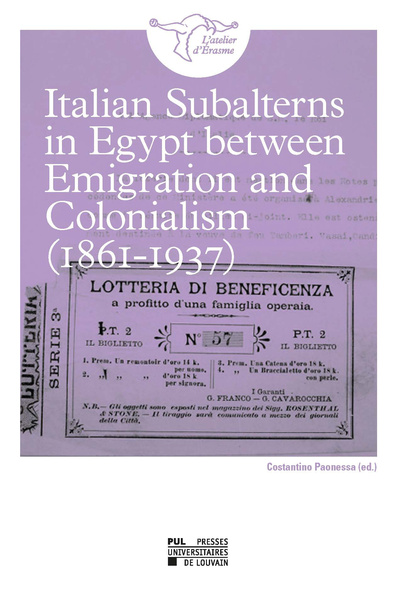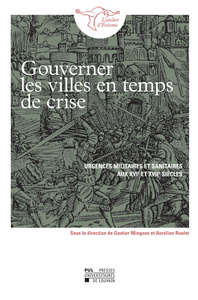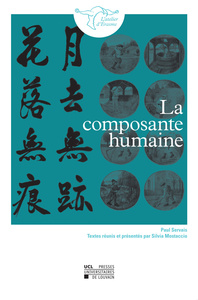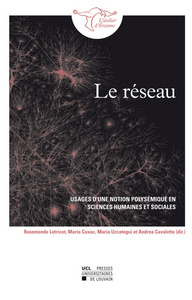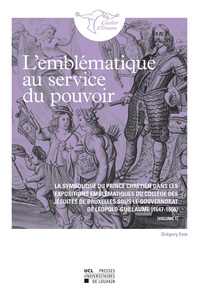Nous utilisons des cookies pour améliorer votre expérience. Pour nous conformer à la nouvelle directive sur la vie privée, nous devons demander votre consentement à l’utilisation de ces cookies. En savoir plus.
Italian Subalterns in Egypt between Emigration and Colonialism (1861-1937)
Pu Louvain - EAN : 9782390611059
Édition papier
EAN : 9782390611059
Paru le : 1 avr. 2021
12,50 €
11,85 €
Disponible
Pour connaître votre prix et commander, identifiez-vous
Notre engagement qualité
-
 Livraison gratuite
Livraison gratuite
en France sans minimum
de commande -
 Manquants maintenus
Manquants maintenus
en commande
automatiquement -
 Un interlocuteur
Un interlocuteur
unique pour toutes
vos commandes -
 Toutes les licences
Toutes les licences
numériques du marché
au tarif éditeur -
 Assistance téléphonique
Assistance téléphonique
personalisée sur le
numérique -
 Service client
Service client
Du Lundi au vendredi
de 9h à 18h
- EAN13 : 9782390611059
- Collection : ATELIER D'ERASM
- Editeur : Pu Louvain
- Date Parution : 1 avr. 2021
- Disponibilite : Disponible
- Barème de remise : NS
- Nombre de pages : 120
- Format : H:160 mm L:240 mm
- Poids : 204gr
- Interdit de retour : Retour interdit
- Résumé : This book aims at re-centring the context in which the "subalterns" of Italian origin lived and acted as the focus of our interest. At once, it aims at both making such context relevant and disclosing its complexity. Over the last years, we have witnessed a renewal in the studies on the Italian community which formed in Egypt in the nineteenth and twentieth centuries. Contrary to the historiographical paradigm that remained dominant for over a century, a novel approach – essentially based on a less ideological interpretation of archival sources – tends to provide a much more complex, less apologetic, and more horizontal reading of the dynamics within and among foreign/migrant communities. This work belongs to this "new" research wave. By rediscovering the originally Gramscian concept of “subaltern classes”, it aims at re-centring the context in which the “subalterns” of Italian origin lived and acted as the focus of our interest. At once, it aims at both making such context relevant and disclosing its complexity. It privileges an approach that takes into account different and overlapping categories and social identities, with particular attention to the relationships with the many different local communities.

